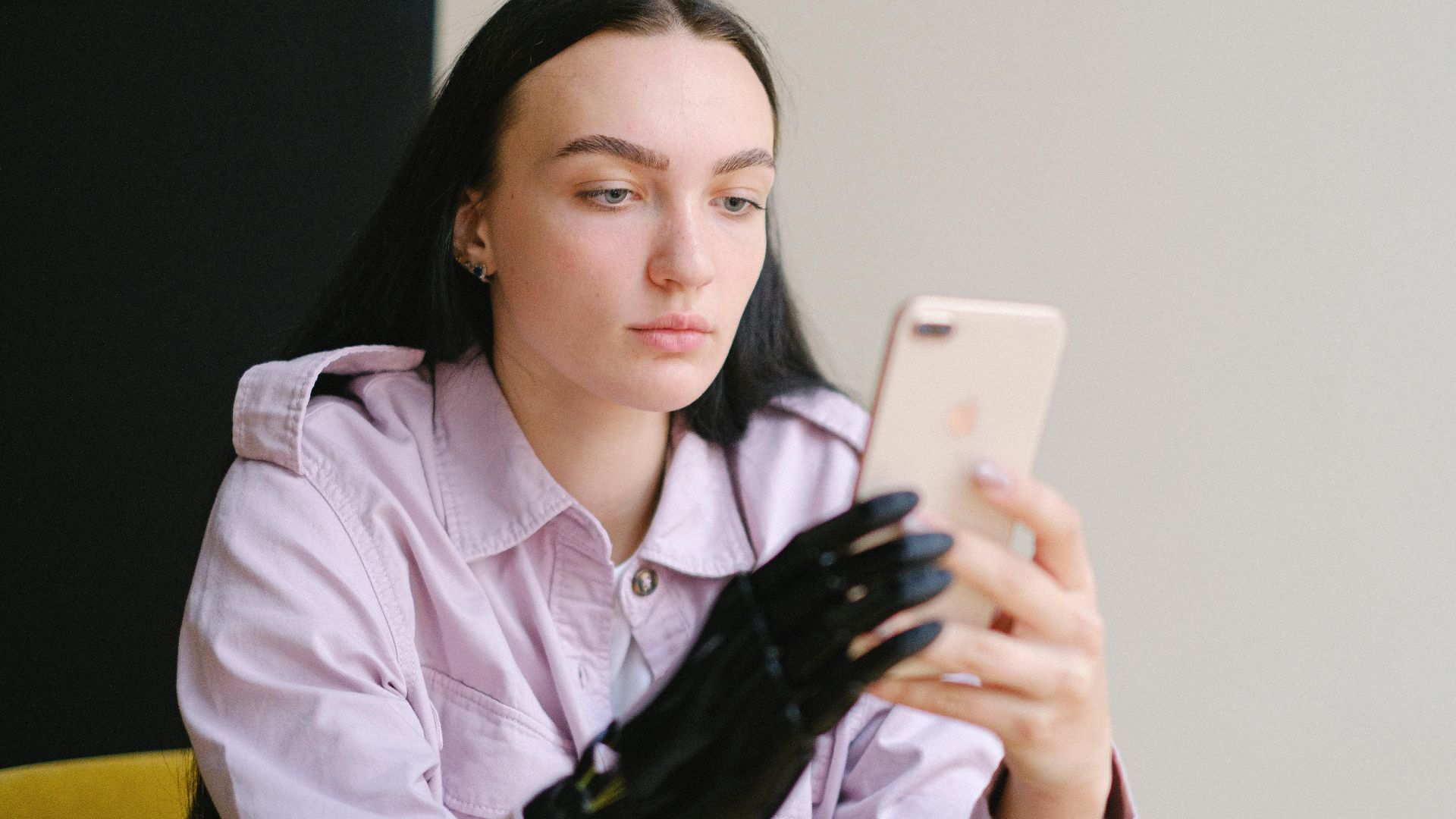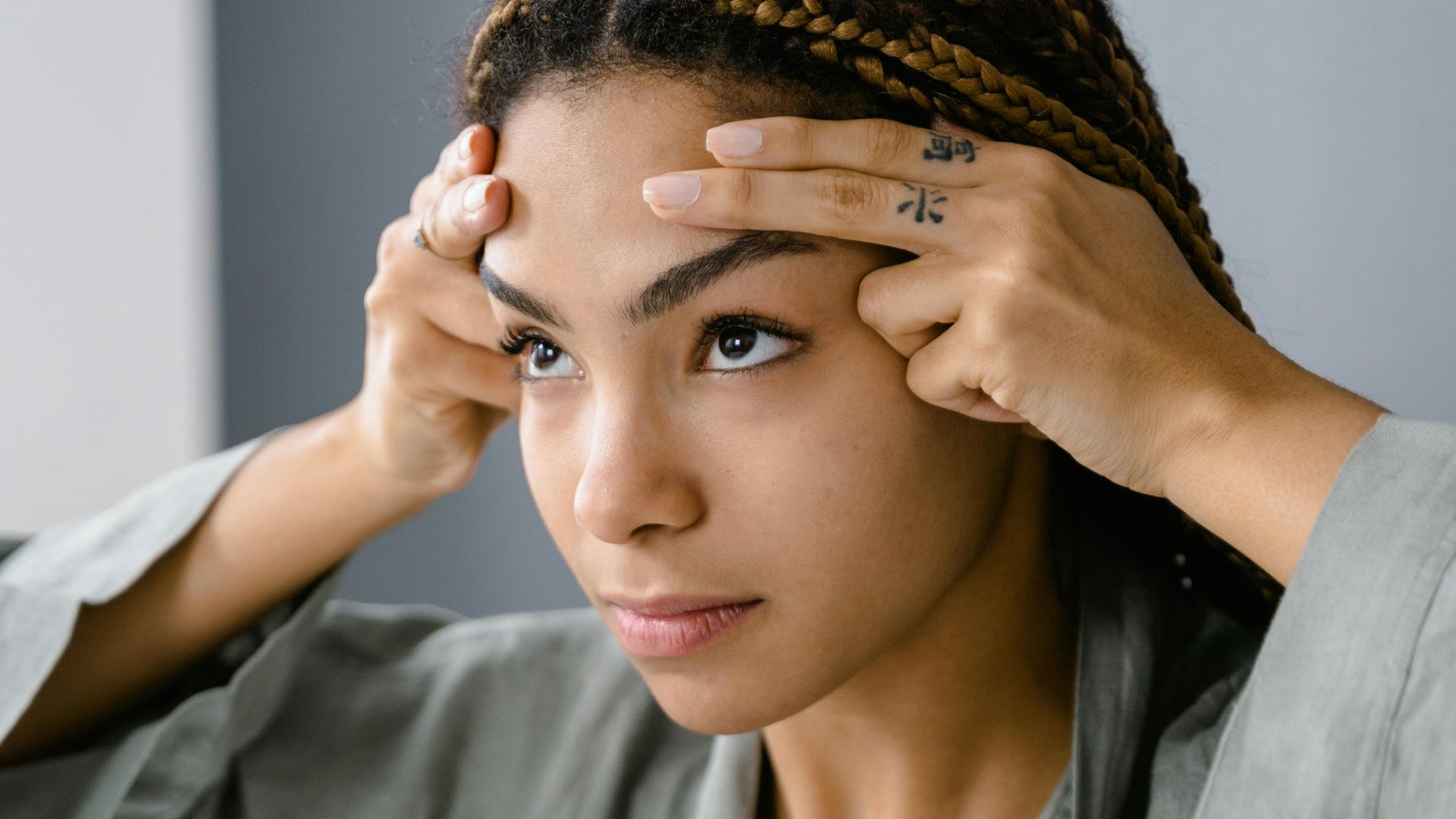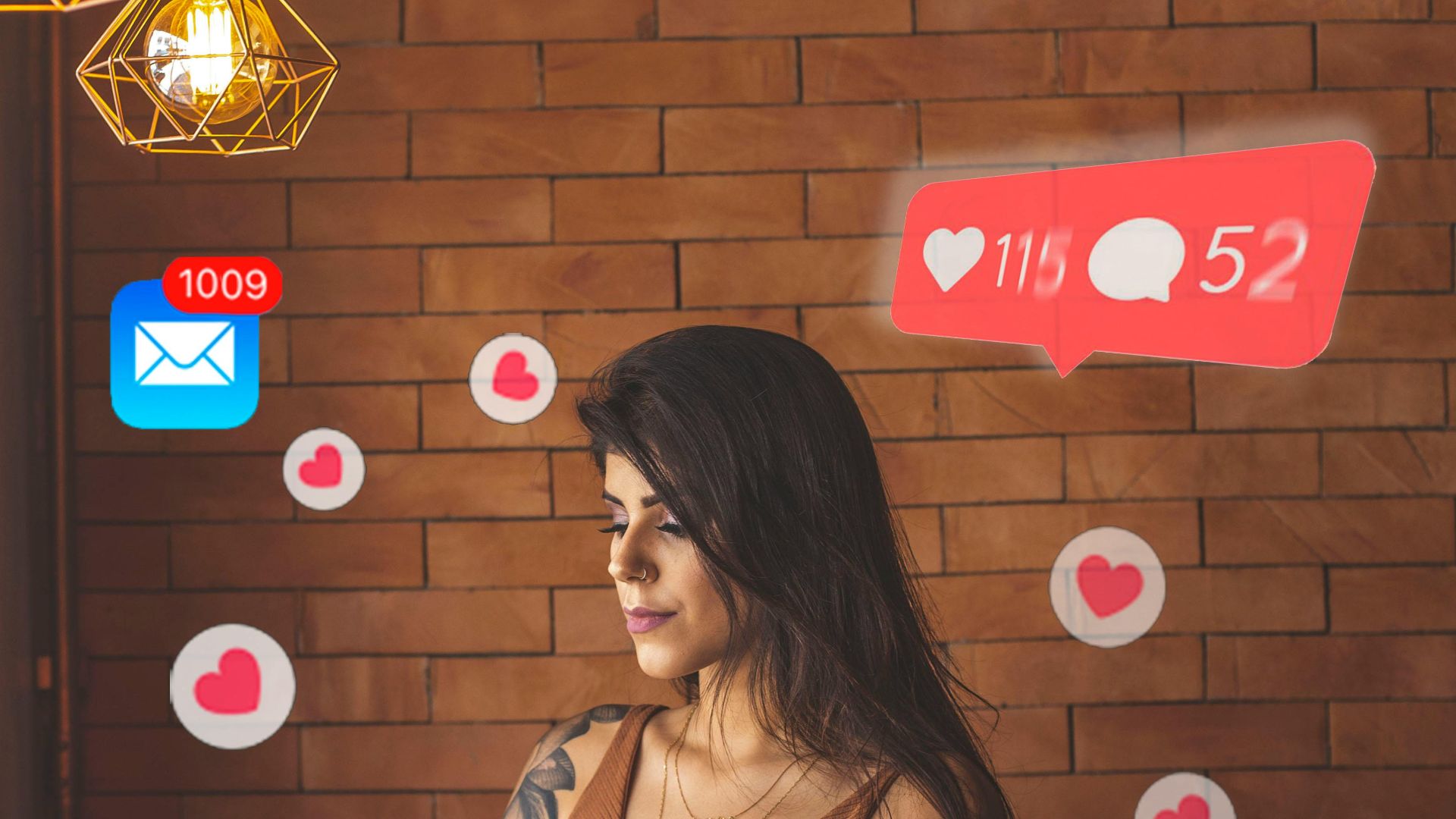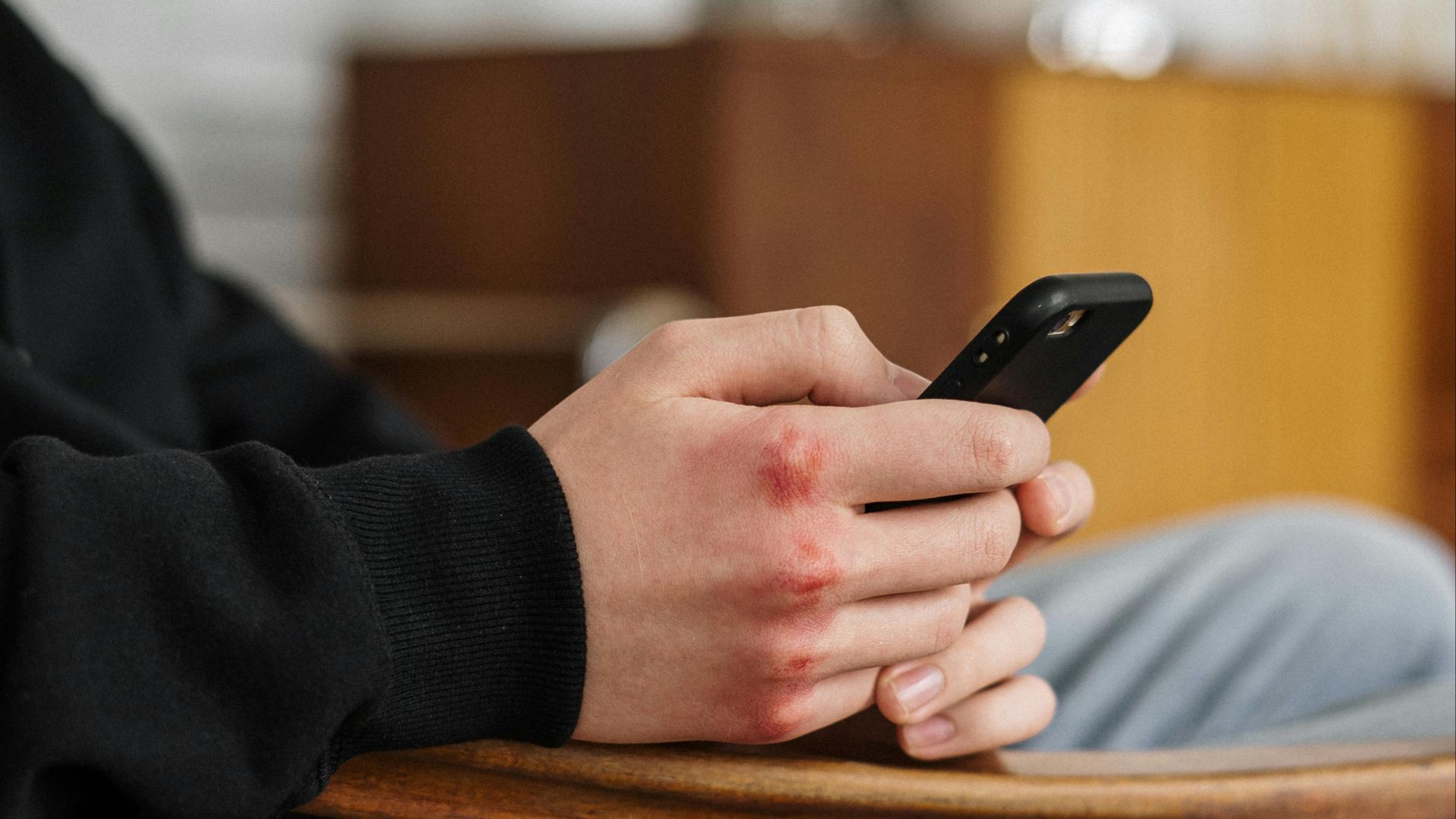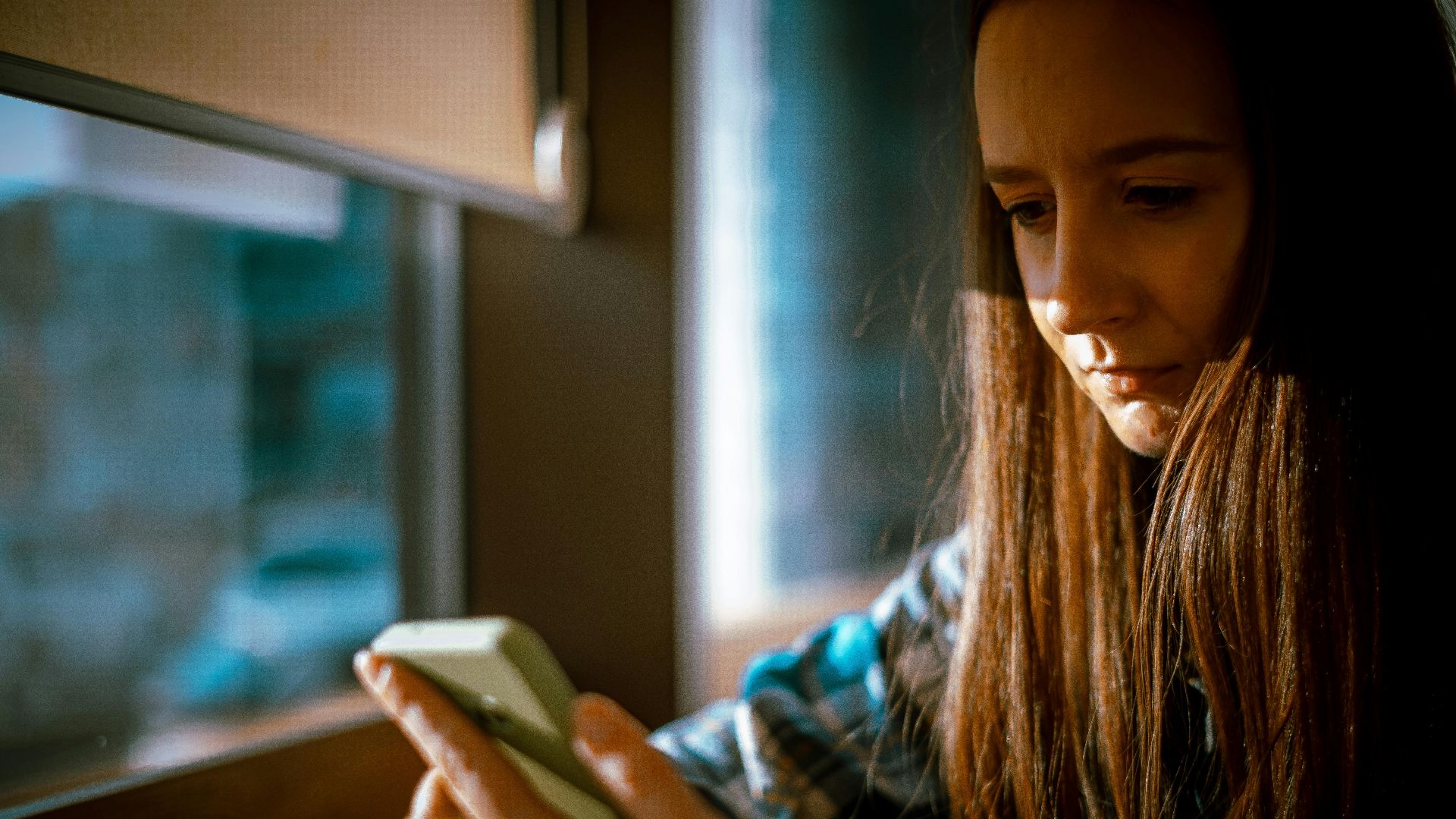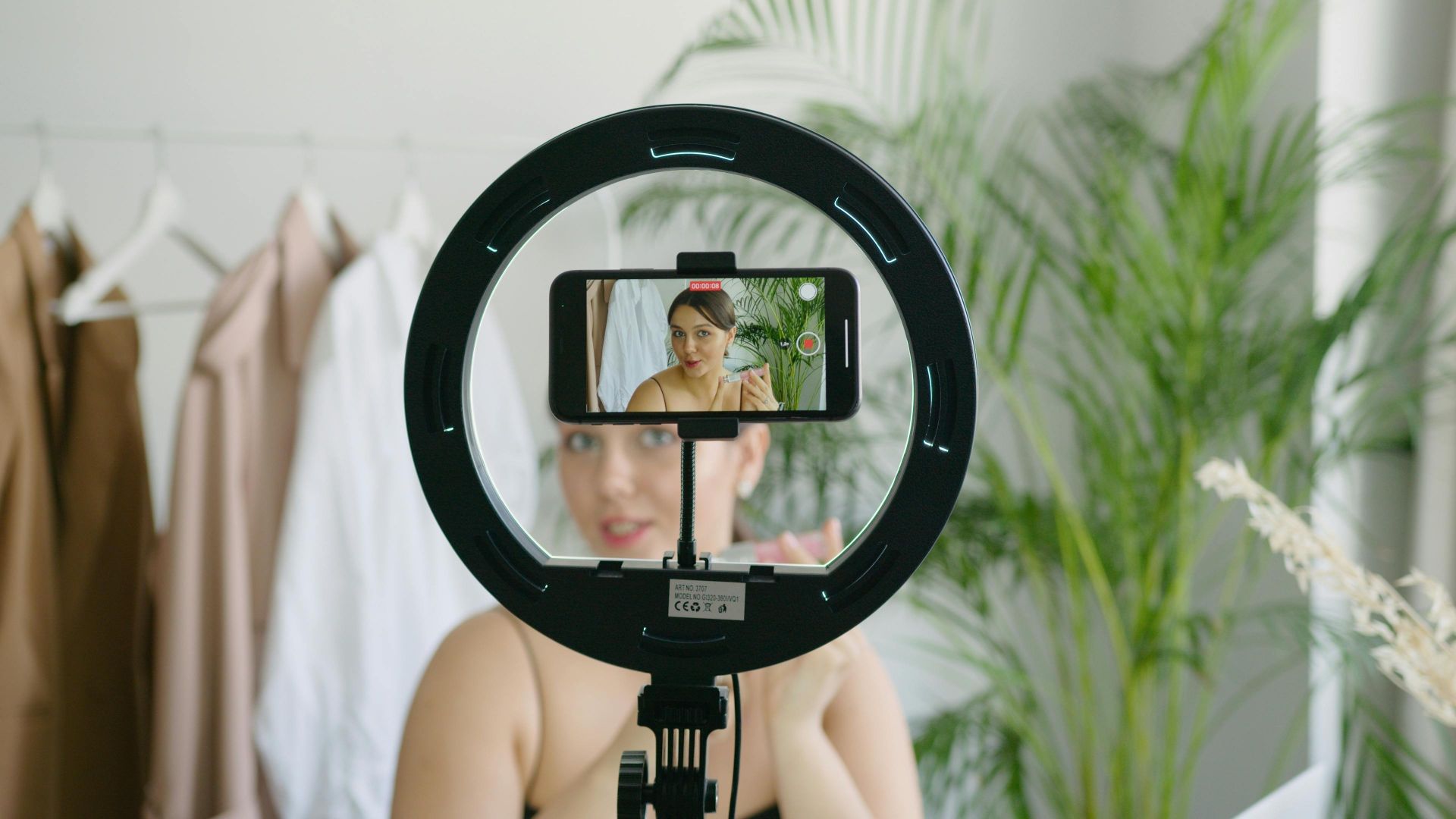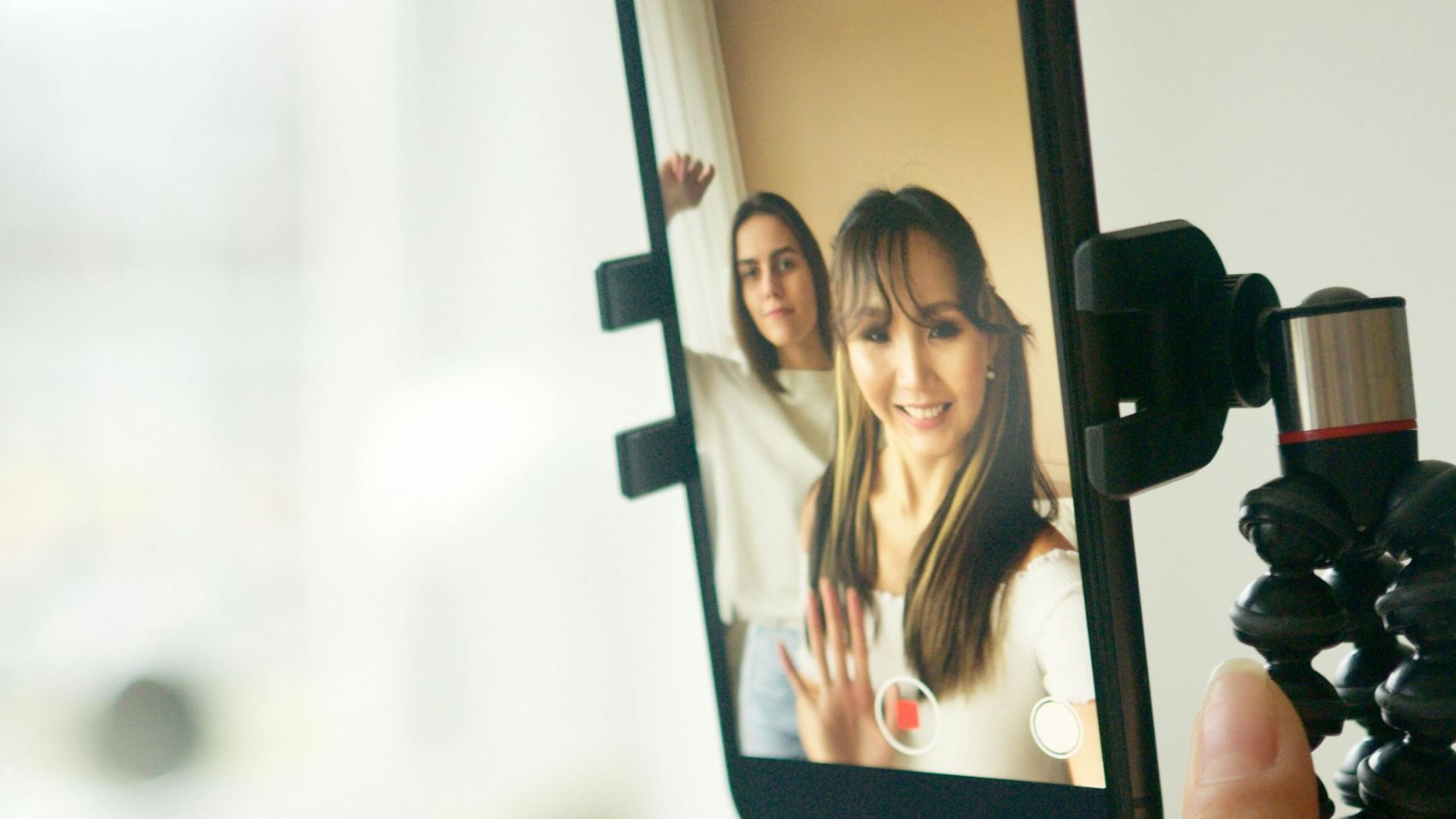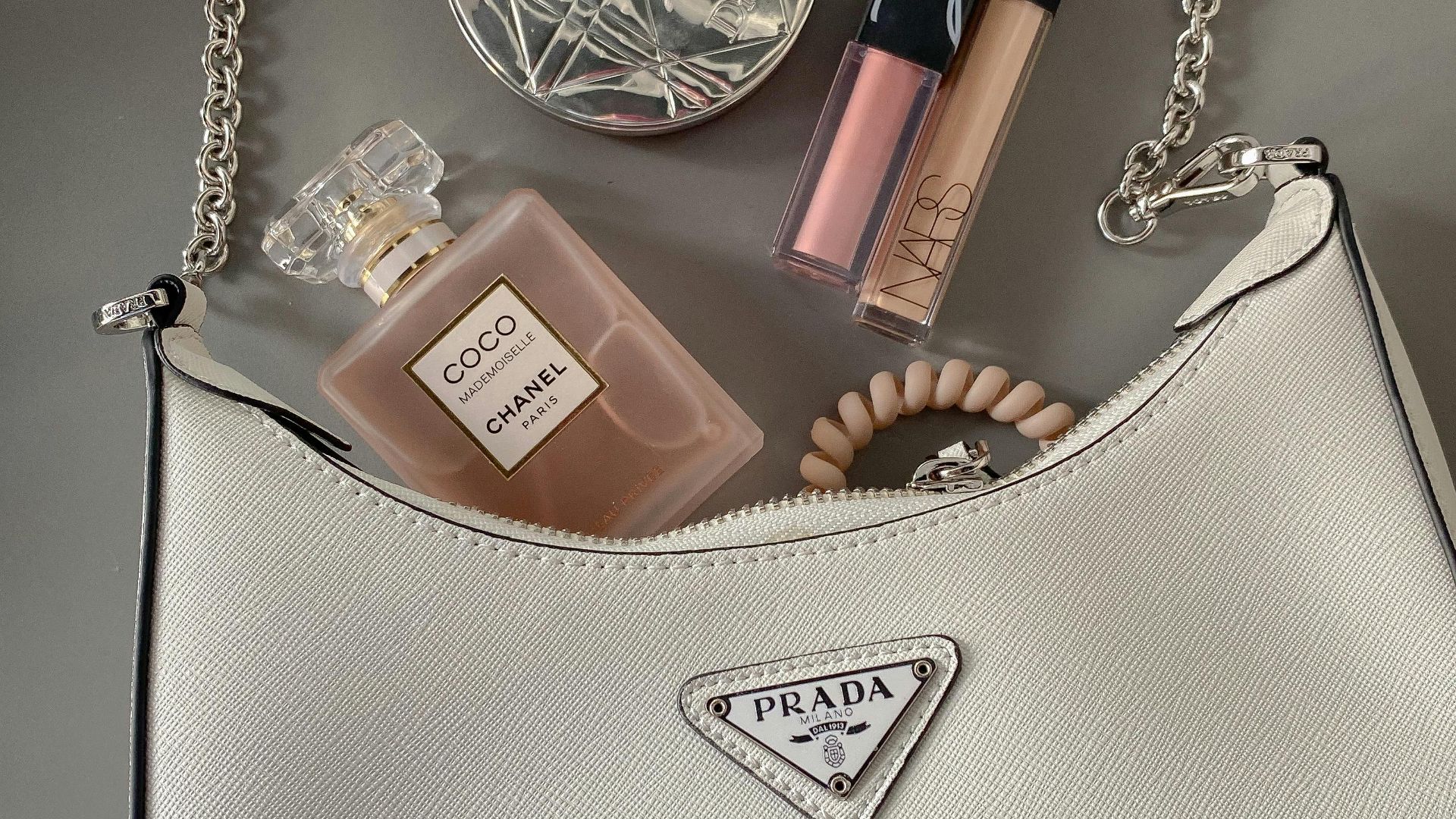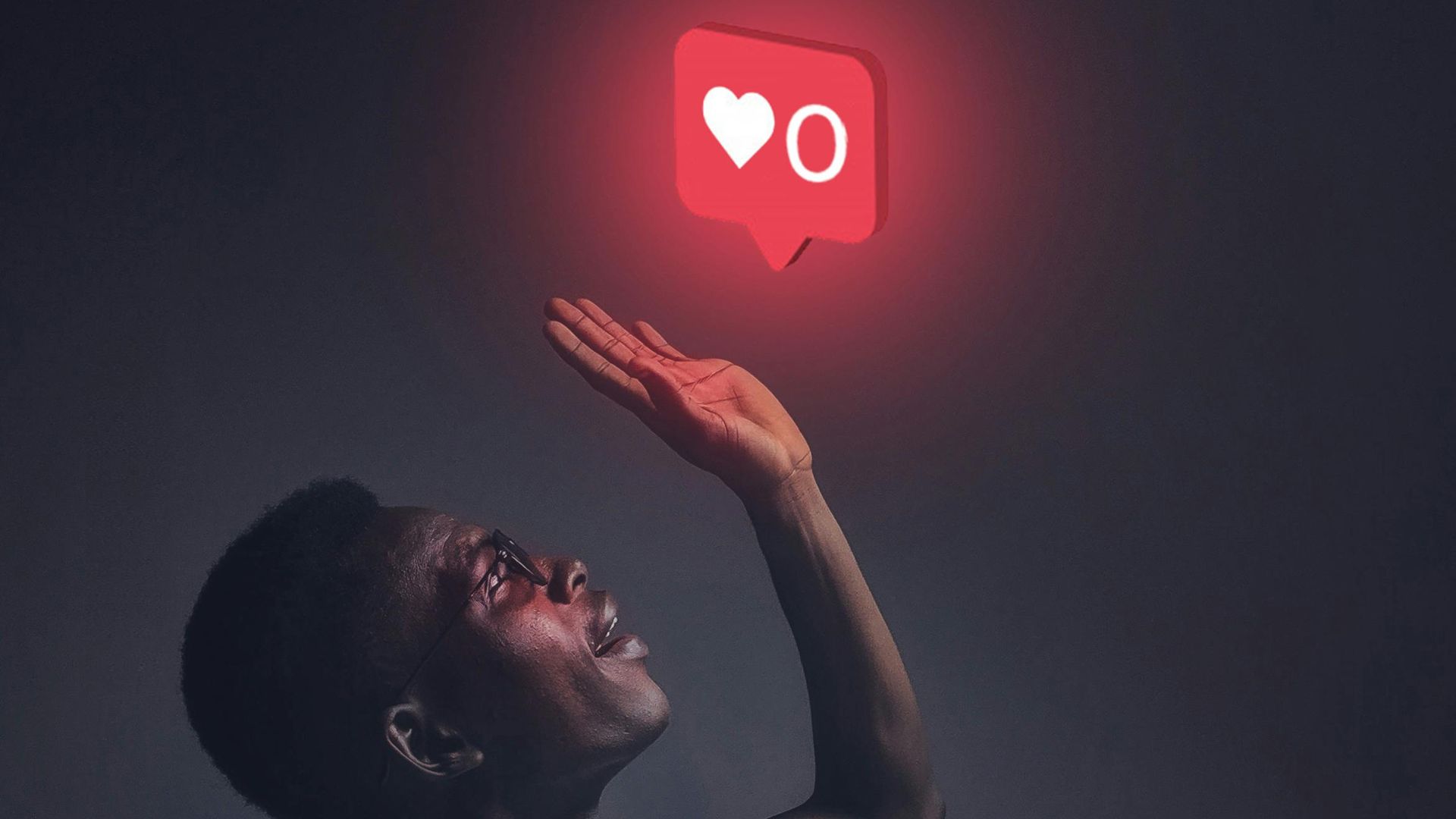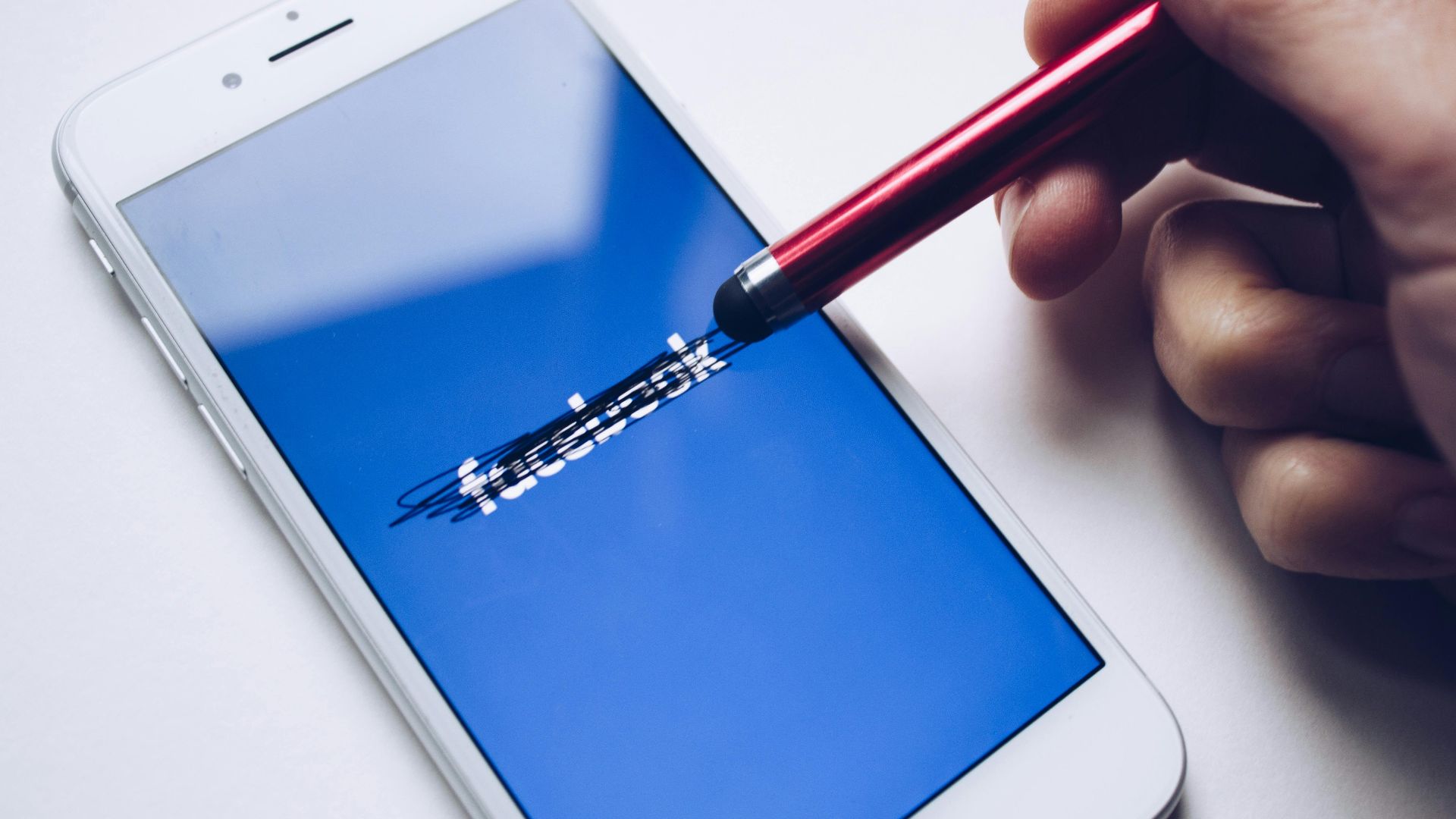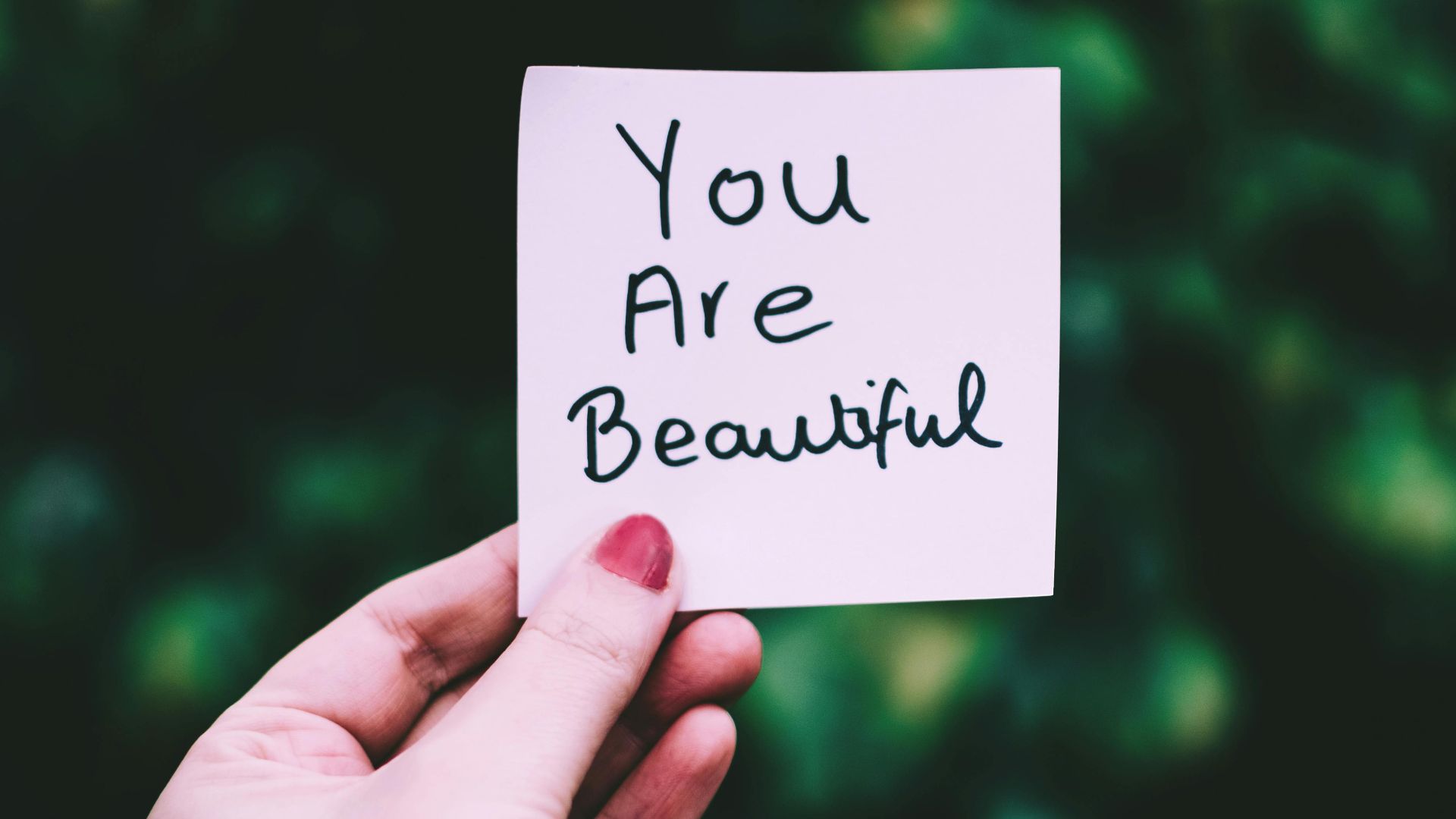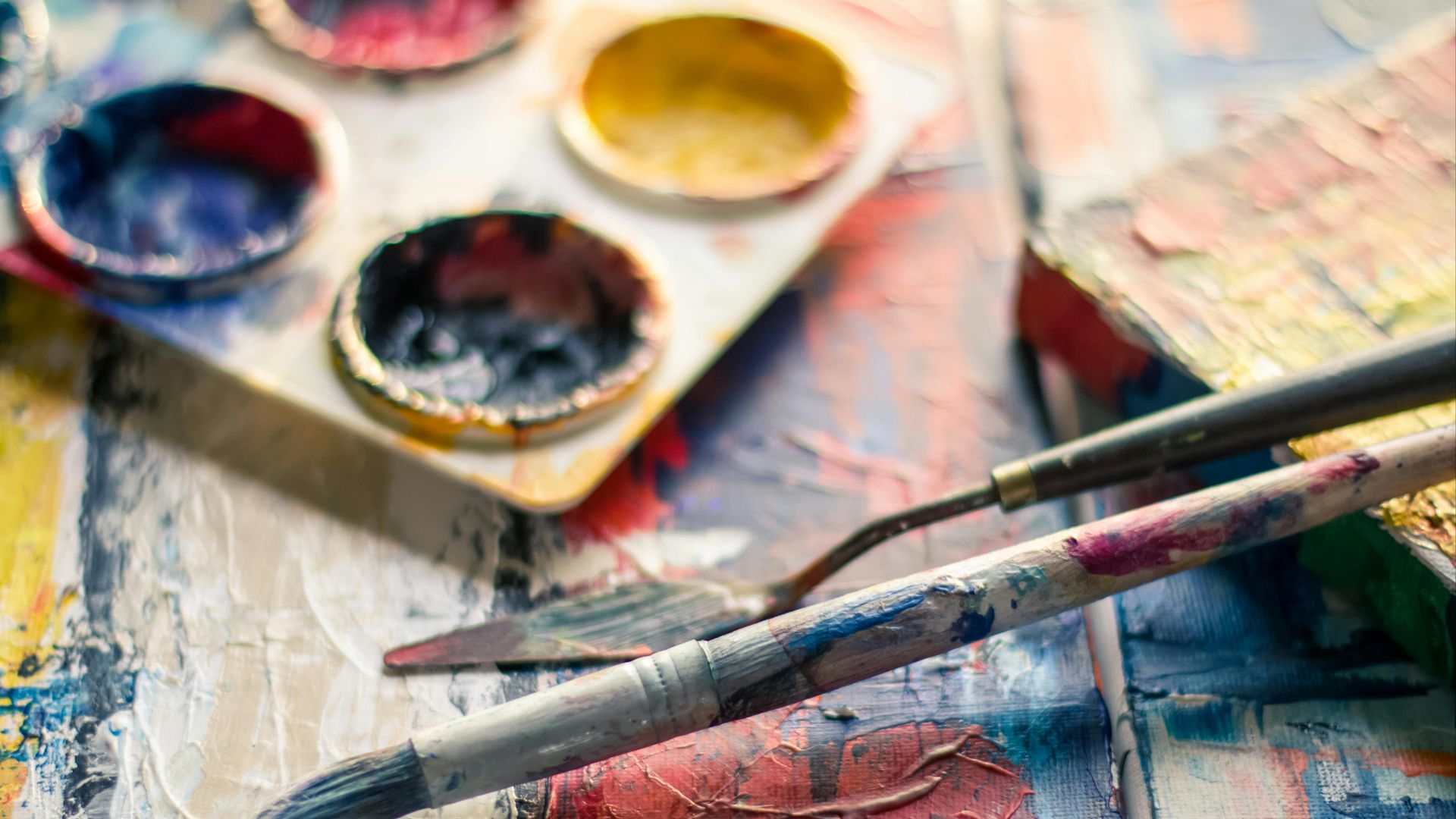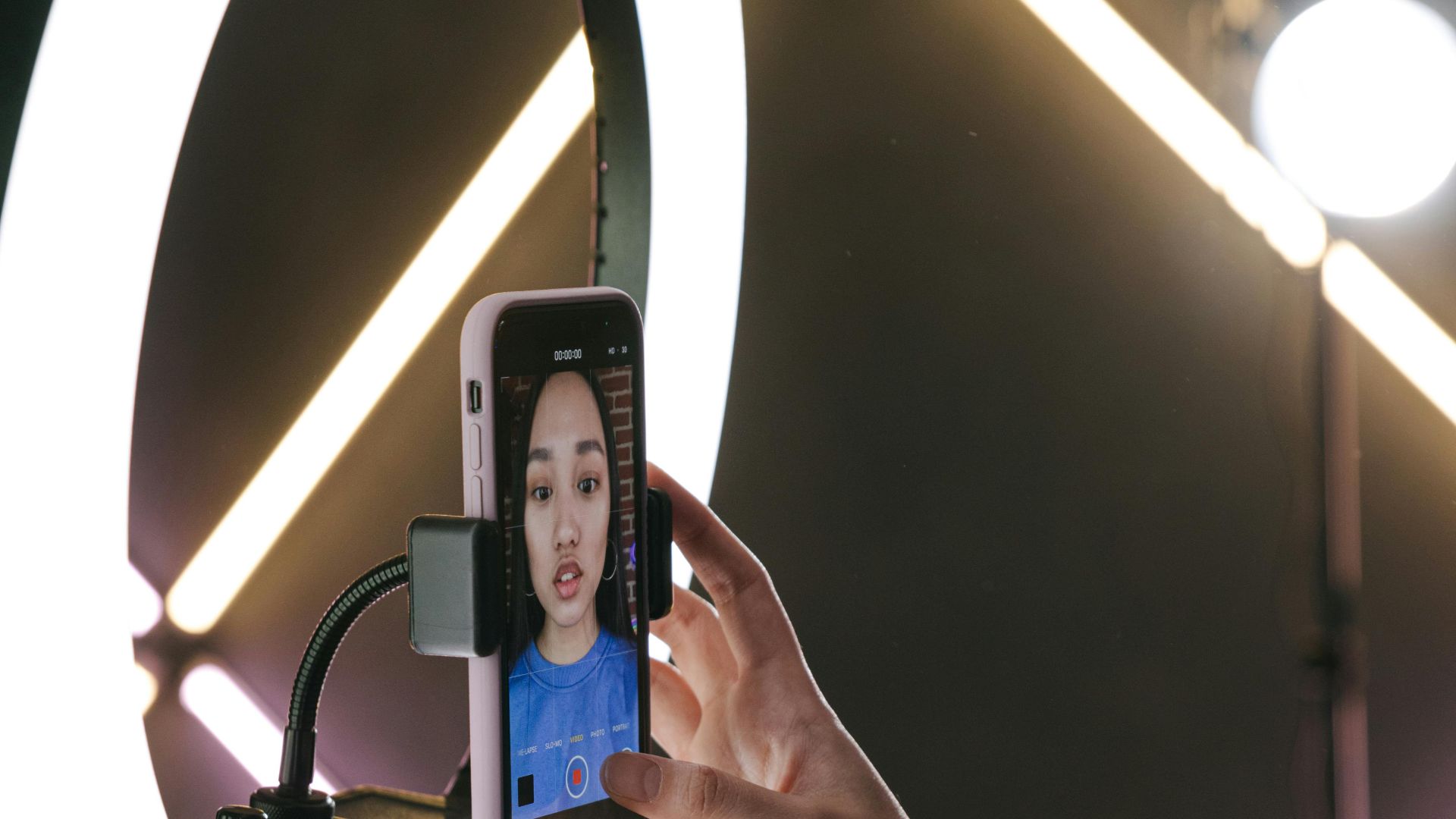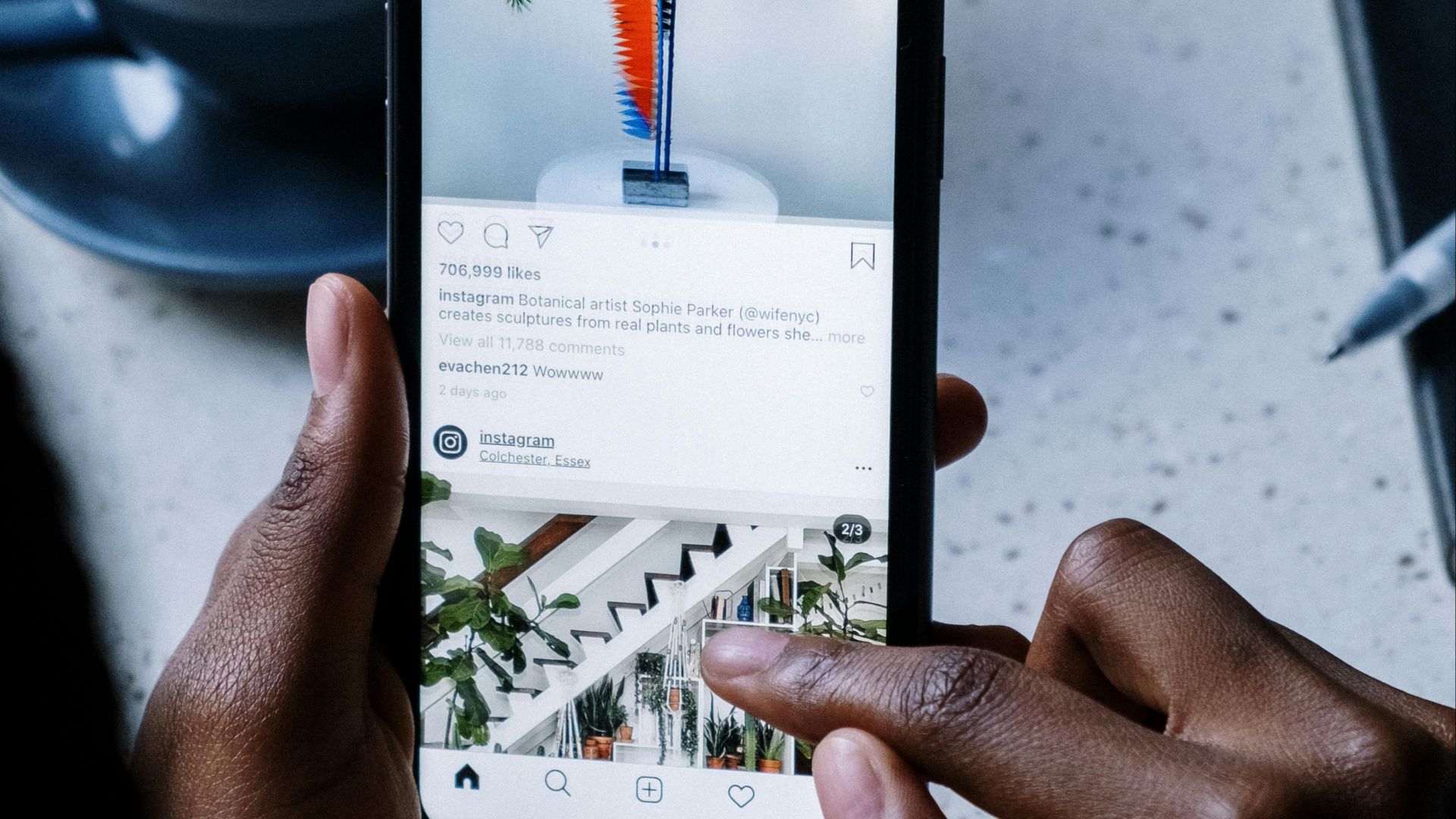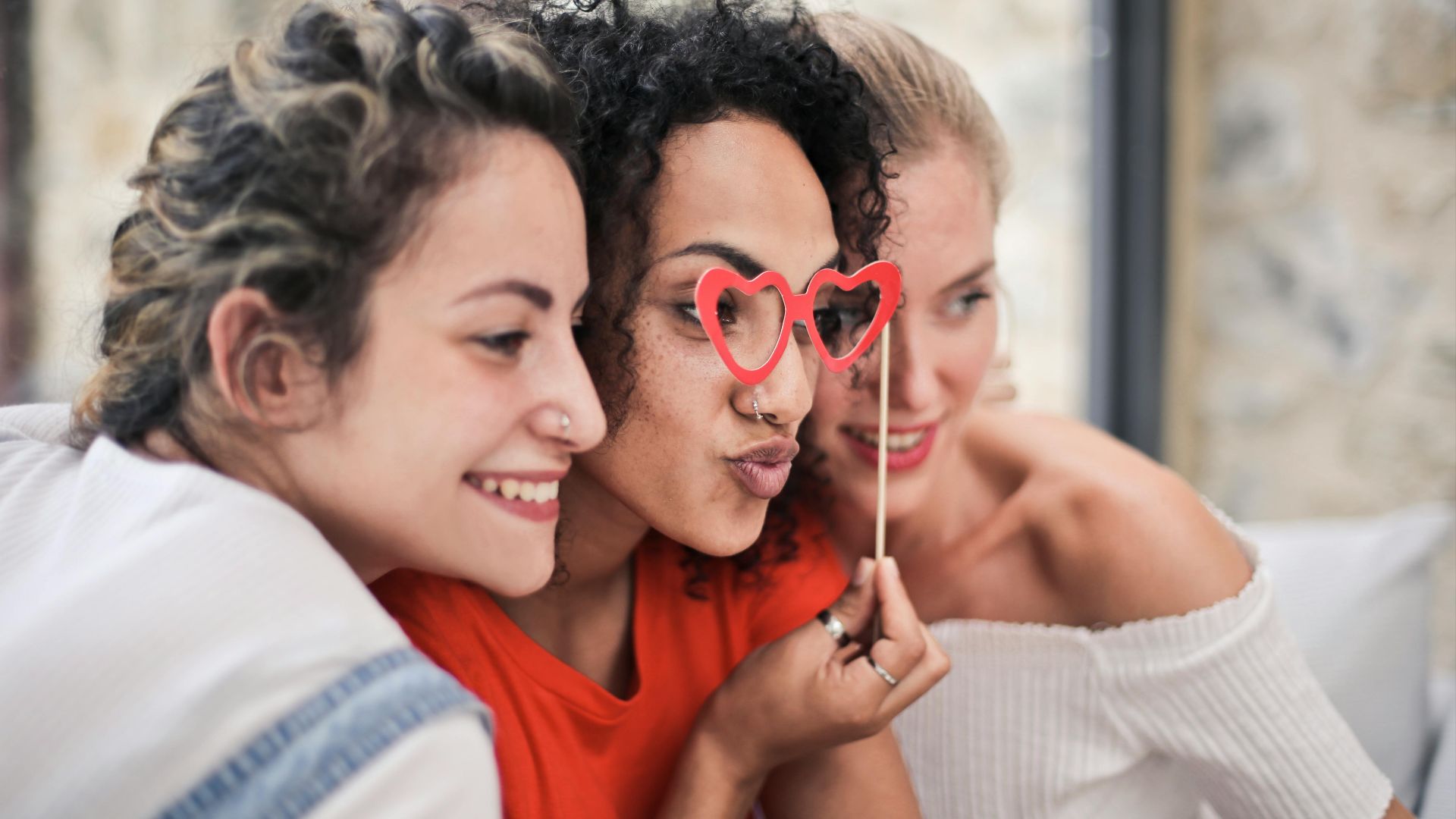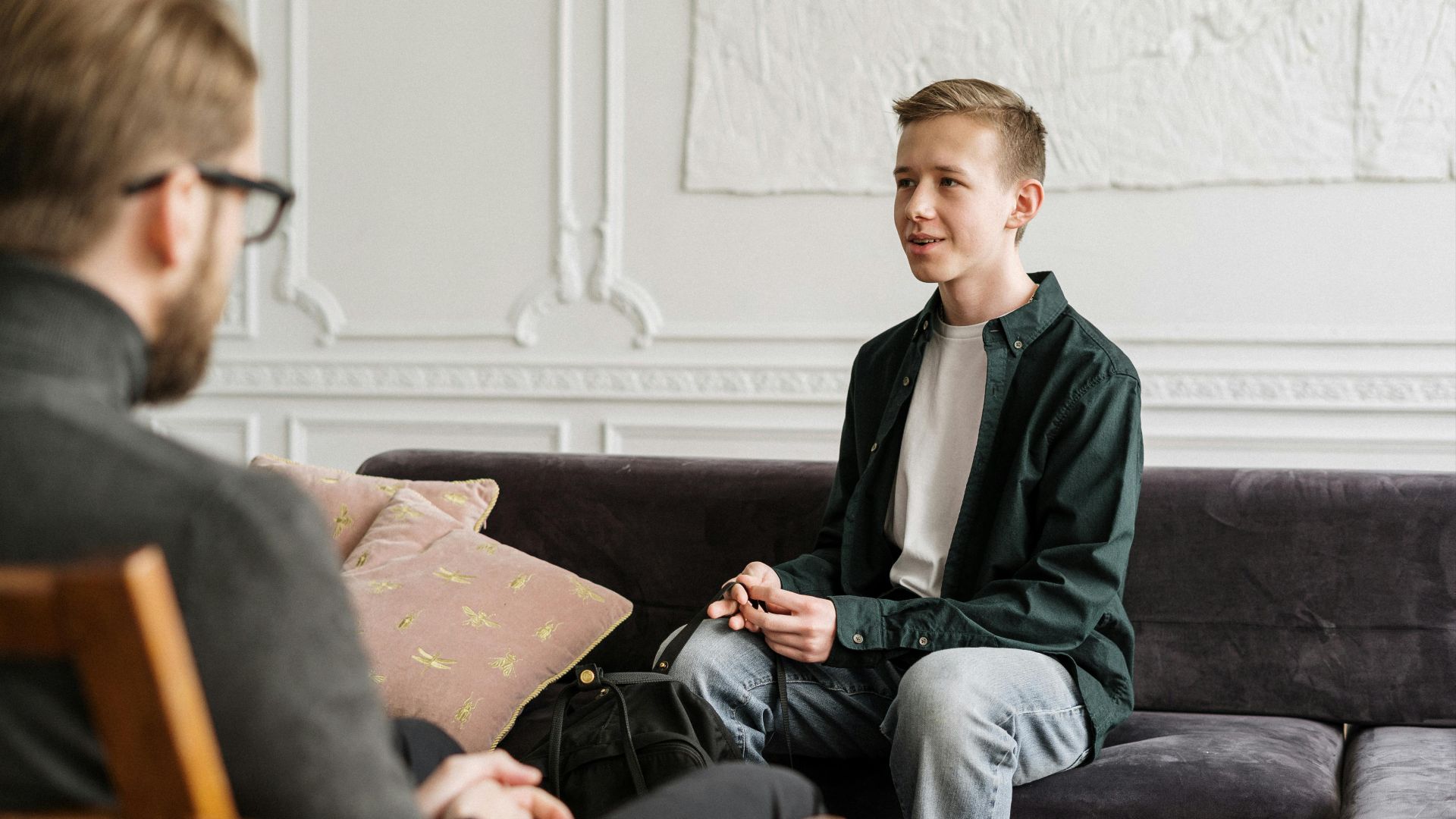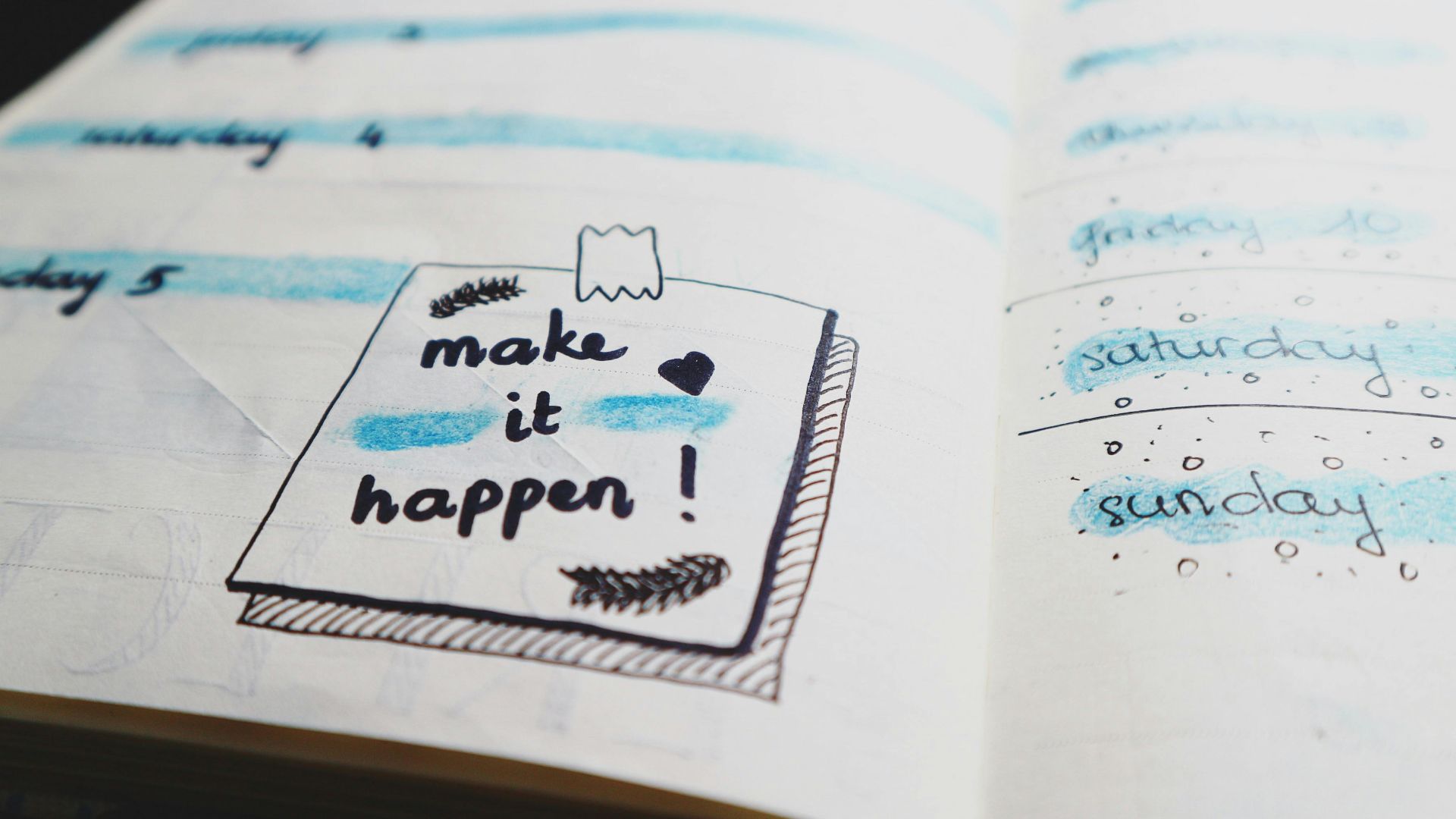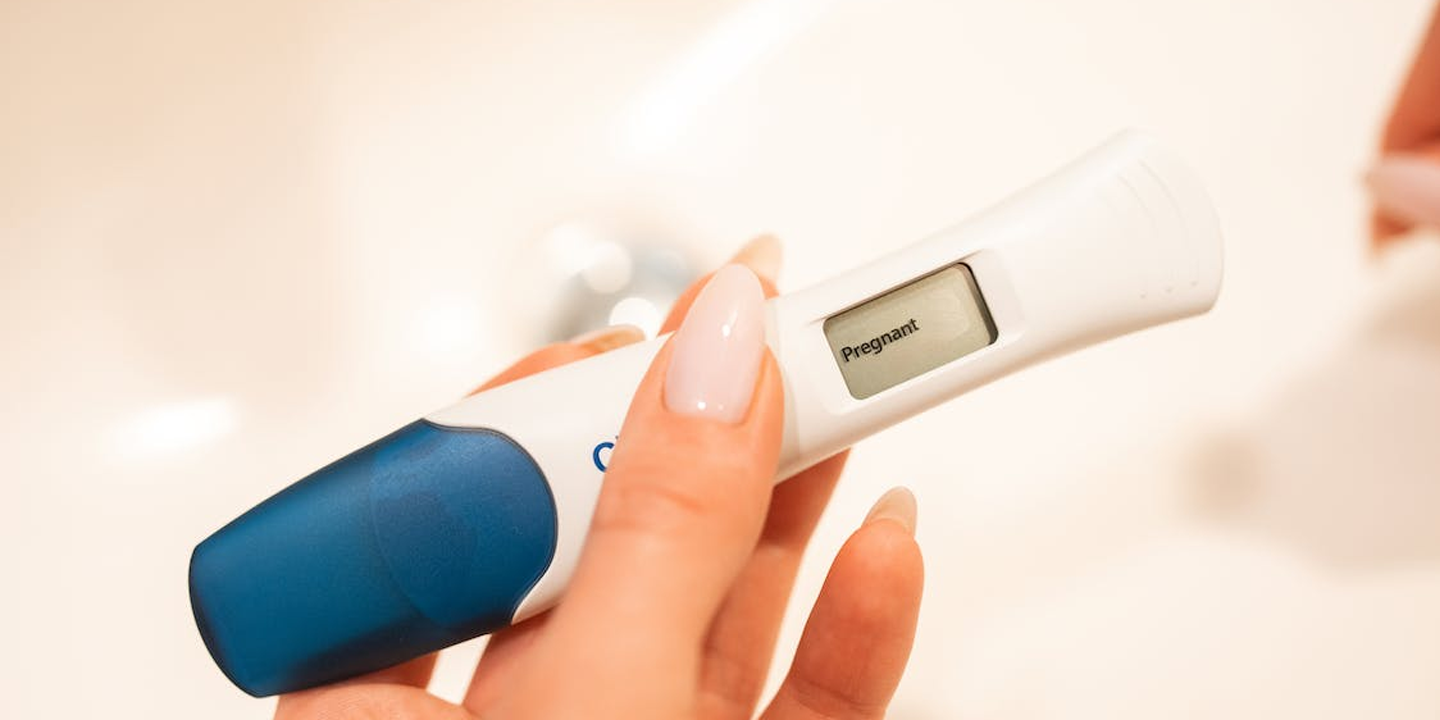10 Destructive Ways Social Media Impacts Your Self-Image & 10 Healthier Habits to Adopt
10 Destructive Ways Social Media Impacts Your Self-Image & 10 Healthier Habits to Adopt
Social Media & Mental Health
The average person spends around two and a half hours on social media every day. But with everyone so glued to screens in this digital age, it wouldn't be surprising if you spent even more time scrolling through your phone. It's no surprise either that this consumption can lead to negative effects on mental health, especially among youth. Here are 10 destructive ways social media might be affecting your self-image—and 10 healthier habits to help you build a more positive mindset.
1. Social Comparison
When you're scrolling through an endless feed, it's almost impossible to not fall into the trap of social comparison. You might come across someone who seems flawless and beautiful, living a near-perfect life, and you start to wonder why you can't be like them. You may avoid looking at yourself in the mirror and begin to despise everything around you.
2. The Need to Be Perfect
When everyone else who posts on social media seems to have a flawless appearance—with smooth, unblemished skin, a fit body, a defined jawline, and perfect facial features—you might feel the need to look exactly like they do. Even in cases where you know it's unachievable without certain cosmetic procedures, you still feel like you're not considered attractive if you don't look the same.
3. Body Dysmorphia
Social media can not only change your perception of what's considered a truly attractive face, but what body types are most coveted as well. What reflects back at you in the mirror may suddenly look distorted, like some parts of you are stretched and out of place, appearing more bloated or bigger than they are. This might prompt you to immediately change your wardrobe and jump into a diet.
4. The Need for Validation
After scrolling through posts of others who look picture-perfect and who get tons of interactions, comments, and likes, you may feel the itch to upload your own photos and videos for validation. It's not enough that your partner, friends, and family tell you that you're beautiful and enough—you want to hear it from the whole world, too.
5. Cyberbullying
Social media platforms are notorious grounds for cyberbullying, since it's easy to make an anonymous account under a random username and profile picture and leave hurtful comments on different posts. Even when these negative remarks can be reported or ignored, they can still be deeply impactful and open up scars.
6. Fear of Missing Out
While social media allows us to see what kind of lives our friends, family, or others are living, we might feel a sense of FOMO (fear of missing out) if we're not included. An example may be seeing your friend's post about going to a social event or planning a road trip, and feeling inadequate that while they're having fun, you're just at home lying in bed.
7. Alternate Personality
Social media could also change the way you present yourself to others, and this is especially so if you feel the need to keep up a certain persona for your followers through your own platform. Over time, you feel insecure about your real self, so you pretend that the alternate personality is actually you.
8. Overuse of Filters
With so many filters and editing options on social media, you may feel tempted to use these before publishing your posts. It doesn't help that others use them, or that everyone else seemingly looks flawless even without filters. The more often you alter your appearance with these options, though, the more likely you'll feel your real appearance is inadequate.
9. The Urge to Splurge
Seeing others own expensive items and brands might push you to splurge in order to fit the "standard." You might feel embarrassed to own less popular brands and ensure they're out of frame when you make posts (or when you go out) so that only the high-end ones are seen.
10. Equate Performance to Self-Worth
If you're actively posting on social media, you've likely fallen into the trap of equating performance—in the form of likes, comments, and follows—to your self-worth. The better these numbers do and the more interactions you get, the higher your self-value.
The negative impacts of social media usage on your self-image can leave lasting scars. But there are healthier habits to adopt to break out of this mold—read on for 10 ways to do so.
1. Limit Social Media Usage
Once you start realizing that social media might be negatively impacting you, pull back. Take breaks from the feed, or set limits on how much you scroll a day. And while you don't necessarily need to completely delete all your apps, a digital detox might be a good choice as you try to work toward healing and build a healthier mindset.
2. Exercise
Exercise releases endorphins that make you feel good and boost energy. So, whenever you have the time (and the weather allows), go for a walk. It's all too easy in this day and age to be glued to our phones, so moving your body and engaging with the real world is a good habit to form. You can also work out at home or the gym.
3. Work on Self-Love
Pamper yourself. Taking breaks from social media is a start, as is exercise, but writing in a daily journal, doing meditation, engaging in positive self-talk, and reframing your thoughts can all help in building a healthier mindset. We're all our own worst critics—but don't be so hard on yourself.
4. Find New Hobbies
If you tend to spend your free time scrolling through social media, try to put your hours to better use by engaging in hobbies or finding new activities to enjoy. Whether that's writing, reading, knitting, painting, or playing a sport, taking a pause from screens to explore other pastimes can help improve your mental health.
5. Educate Yourself About the Media
You might already be aware of this, but it's still important to remind yourself that most of what you see online might not be true. Just like how social media might influence you to create a different persona, others are just as easily led astray. Plus, that influencer you see who has flawless skin and a toned body? Don't compare yourself to them. Filters, lighting, and other things could be behind what makes people look "perfect."
6. Curate a Positive Feed
Instead of following online personalities and influencers who make you feel bad about yourself, curate a better feed that helps promote a healthier mindset for you. This could mean finding different content that relates to your hobbies, rather than body image.
7. Focus On Real-Life Connections
It's easy to get sucked into the digital world and social media. Whenever you can, put your phone aside and focus on your real-life connections. Strengthening bonds with your partner, friends, and family can help you regain footing and get out of a negative loop.
8. Talk to Someone
If you find that you can't seem to escape the negative effects of social media, don't be afraid to reach out and talk to someone. This could be a friend—who you might find is feeling the same way—or a therapist. Don't keep your thoughts bottled up.
9. Set Regular Goals
Setting regular goals gives you something to strive toward. Getting into this habit can also help you form healthier habits, whether they be physical or mental. Working on yourself takes effort, so keep a journal, stay motivated, and hold yourself accountable.
10. Embrace Who You Are
You're beautiful just the way you are, with all your quirks and imperfections. After all, those "flaws" are what makes you unique, and who says that having "flaws" is a bad thing? Whether it's something you can see with the eye, like a scar or a wrinkle, or something deeper, they're a reflection of the life you've lived so far, and that in itself is lovely.


